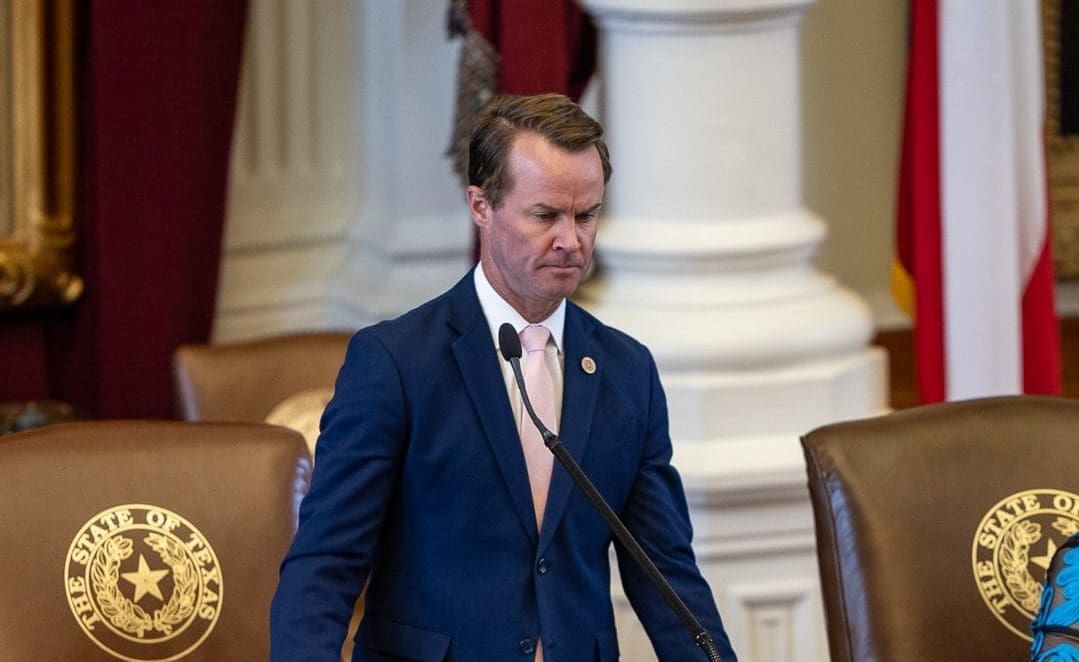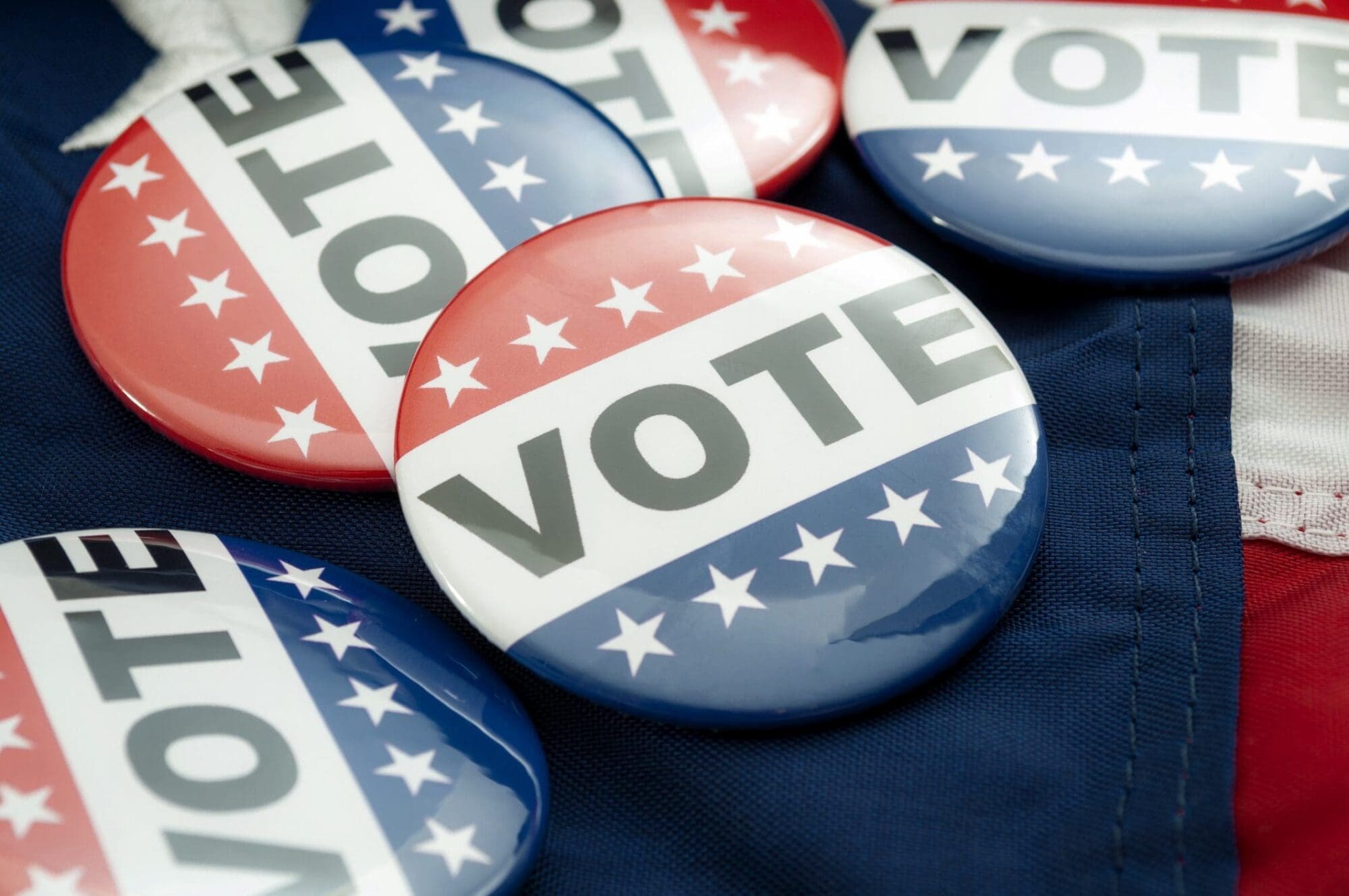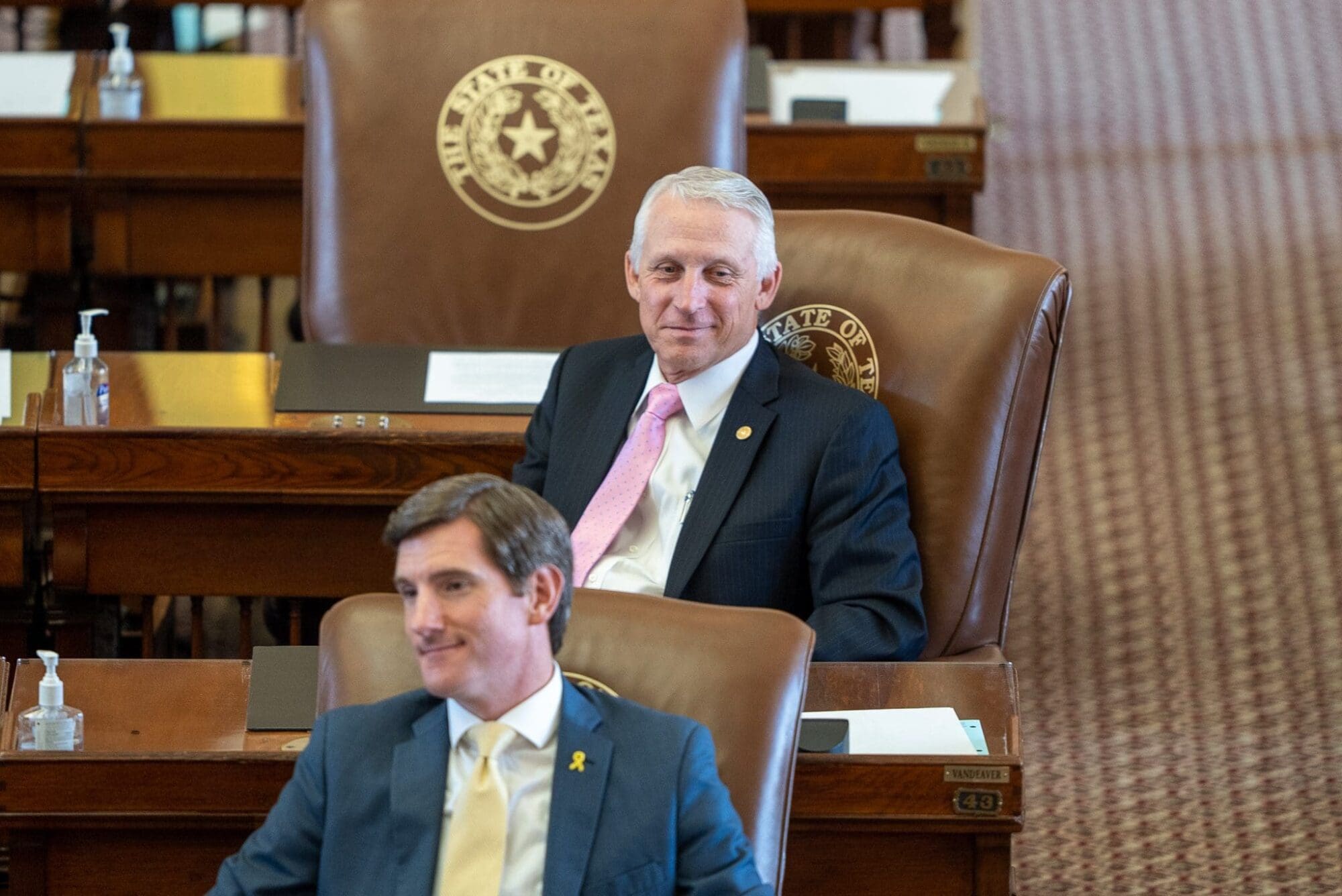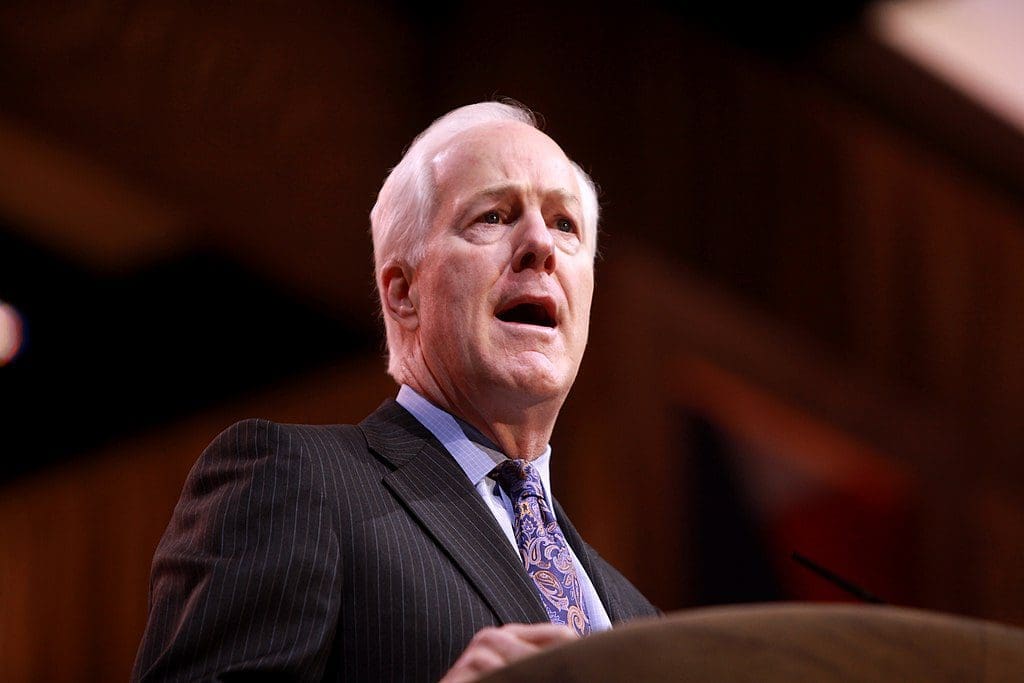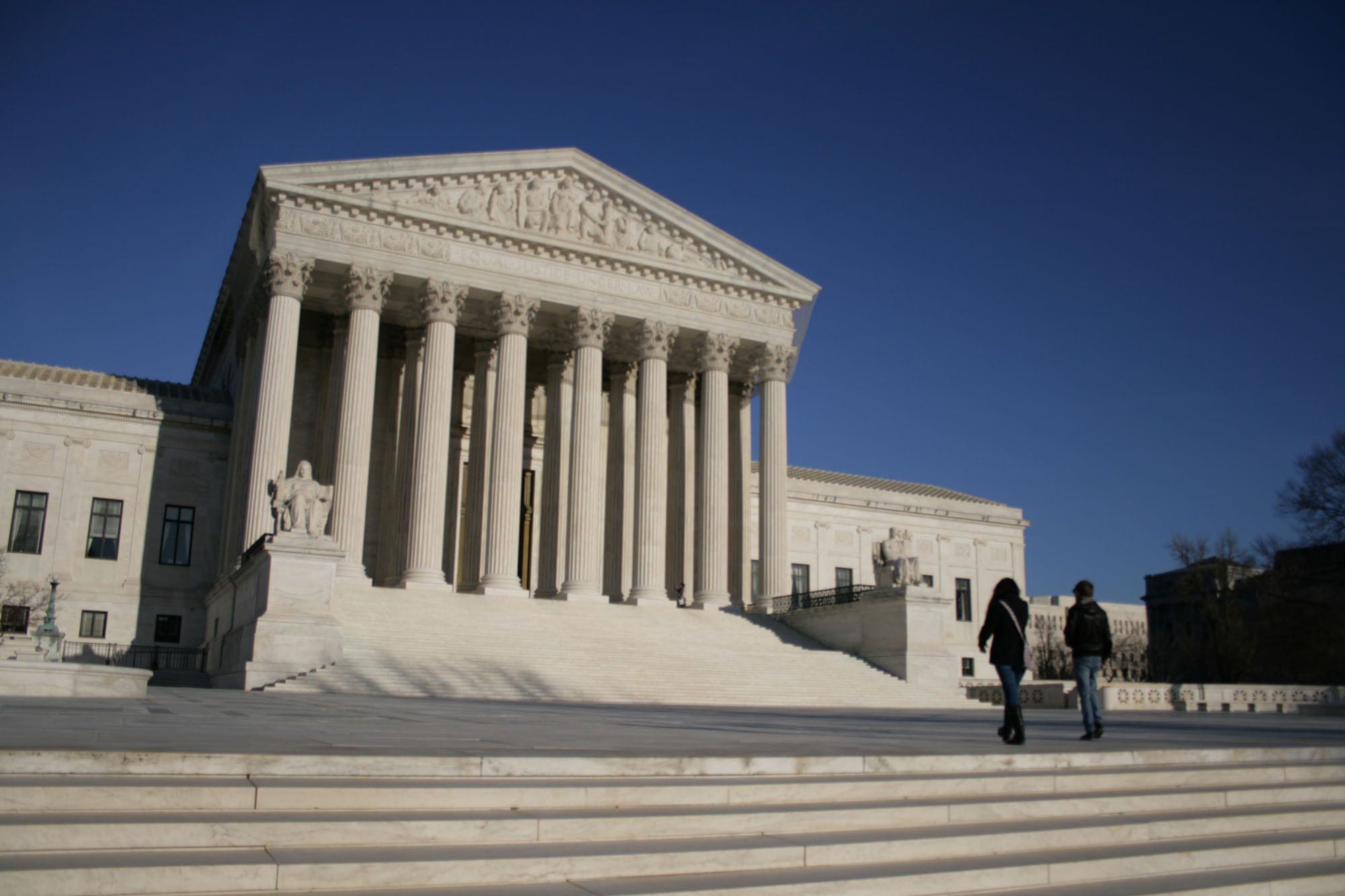At the beginning of the year, Dade Phelan confidently told people he would serve as speaker of the House next session.
Now, he has dropped out of the race after a movement of reform swept the Texas House.
After Attorney General Ken Paxton’s impeachment and the failure to pass conservative priorities in 2023, a wave of incumbent legislators was defeated in the primaries earlier this year. This led to growing frustration with Phelan among returning members and turned eyes toward the Republican Caucus’ nominating process.
The process for Republican legislators to nominate a unified speaker candidate ahead of the official vote at the start of the session in January was adopted in 2017 to prevent Republican speaker candidates, like then-Speaker Joe Straus, from courting Democrat support for the position.
In the years since, however, both former Speaker Dennis Bonnen and the current Speaker Dade Phelan have released lists containing Democrat supporters ahead of the caucus vote, making the exercise a formality.
This year has shaped up differently, however. Multiple candidates announced plans to challenge Phelan, largely based on disagreement with his policy of placing Democrats in leadership positions and, more broadly, allowing Democrats to have outsized influence over the Republican legislature.
In September, a group of reform-minded current and incoming Republican members of the Texas House met to consolidate support around a single challenger—State Rep. David Cook (R–Mansfield).
Just a day before the caucus was set to meet to nominate a Speaker candidate, Phelan announced he would no longer be seeking the position. Instead, State Rep. Dustin Burrows of Lubbock jumped in as a last-minute candidate, seeking support from Democrats to do so.
Cook won the caucus nomination. Following the vote, all Republican members were expected to pledge their support to the nominee ahead of the official vote in January.
Minutes later, however, Burrows announced he was still running—with support from a large swath of Democrats and a minority of Republicans.
The Republican Party of Texas has stated it will seek to censure and potentially remove from the primary ballot any Republican lawmaker who does not support the Republican candidate for speaker, David Cook. Cook has pledged to end Democrat chairmanships and prioritize Republican initiatives.
Gov. Greg Abbott, Lt. Gov. Dan Patrick, Attorney General Ken Paxton, and Donald Trump Jr. have all voiced support for the Republican speaker nominee.
Burrows’ supporter count has dwindled since his initial announcement, with more Democrats than Republicans publicly supporting him.
The official vote for speaker will take place on January 14.
